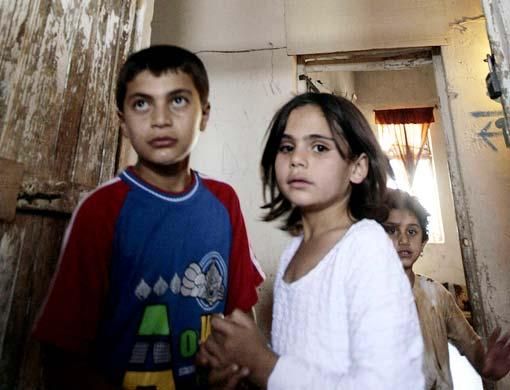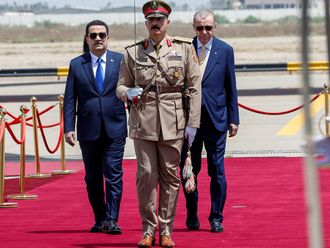Baghdad: Athier Hamed first came to the Baghdad orphanage two years ago when his mother died and his father, he said, "lost his mind".
"He got angrier and angrier with me, and hurt me like it was nothing," said Athier, soft-spoken and slender, pulling up his sleeves to show waxy scars on his wrists from handcuffs he said his father, in a fit of rage, tried to weld to his arms.
Athier, now 13, ran away from his small home town in the western province of Anbar. Police took him to the First House for the Child, founded in 2003.
But when visiting government officials interviewed him about his past, they decided to return him to his father. It didn't last long.
"After two days, he hit me and I came back here," Athier said in a recent interview at the orphanage.
Before the US invasion in 2003, about 400 children lived in Iraqi orphanages, to which Saddam Hussain often paid high-profile visits to demonstrate his magnanimity. But by early 2006, that number had grown to nearly 1,000, according to government statistics. But Islamic society considers it shameful to abandon children to public care, so traditionally most children who lose parents are absorbed into vast family networks.
Social workers and Iraqi officials say the steady climb in the number of orphans turned over to the government, which has required the construction of three new orphanages in Baghdad alone in the past three years, reflects the toll that war is taking on families.
Last year the Iraqi government implemented a policy of paying relatives of orphaned or abandoned children to take them back from government facilities. Officials launched efforts to locate family members of children in orphanages and offered monthly stipends of about $35 (about Dh128) per child to care for them.
But the policy runs the risk of leaving children neglected or mistreated or vulnerable to violence, some orphanage employees said.












